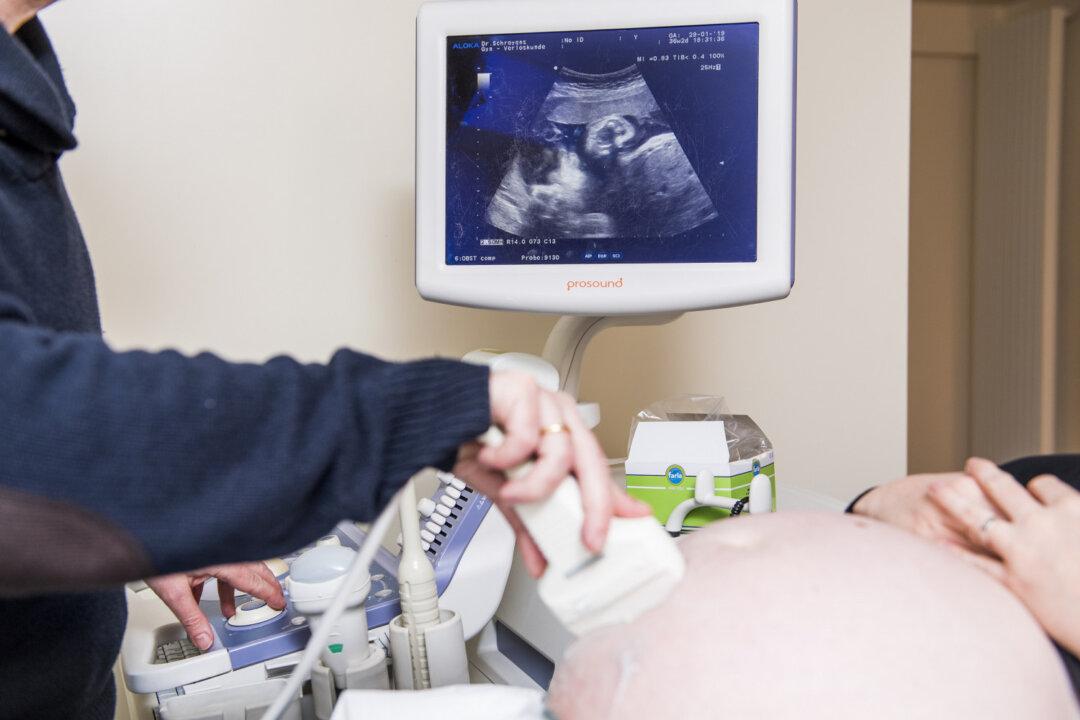More than 200 lawmakers filed a brief to the Supreme Court, arguing that the landmark abortion case of Roe v. Wade should be “reconsidered” because the right to abortion standard is “unworkable.”
Thirty-nine Republican senators and 166 House Republicans suggested to the high court in an amicus brief in an upcoming abortion case that they should take up the issue of whether Roe v. Wade should be reconsidered. The submission said the principles in the case contained “ambiguity” and has been construed by lower courts inconsistently. Two Democrats—Rep. Collin Peterson (D-Minn.) and Rep. Daniel Lipinski (D-Ill.)—also signed the brief.




